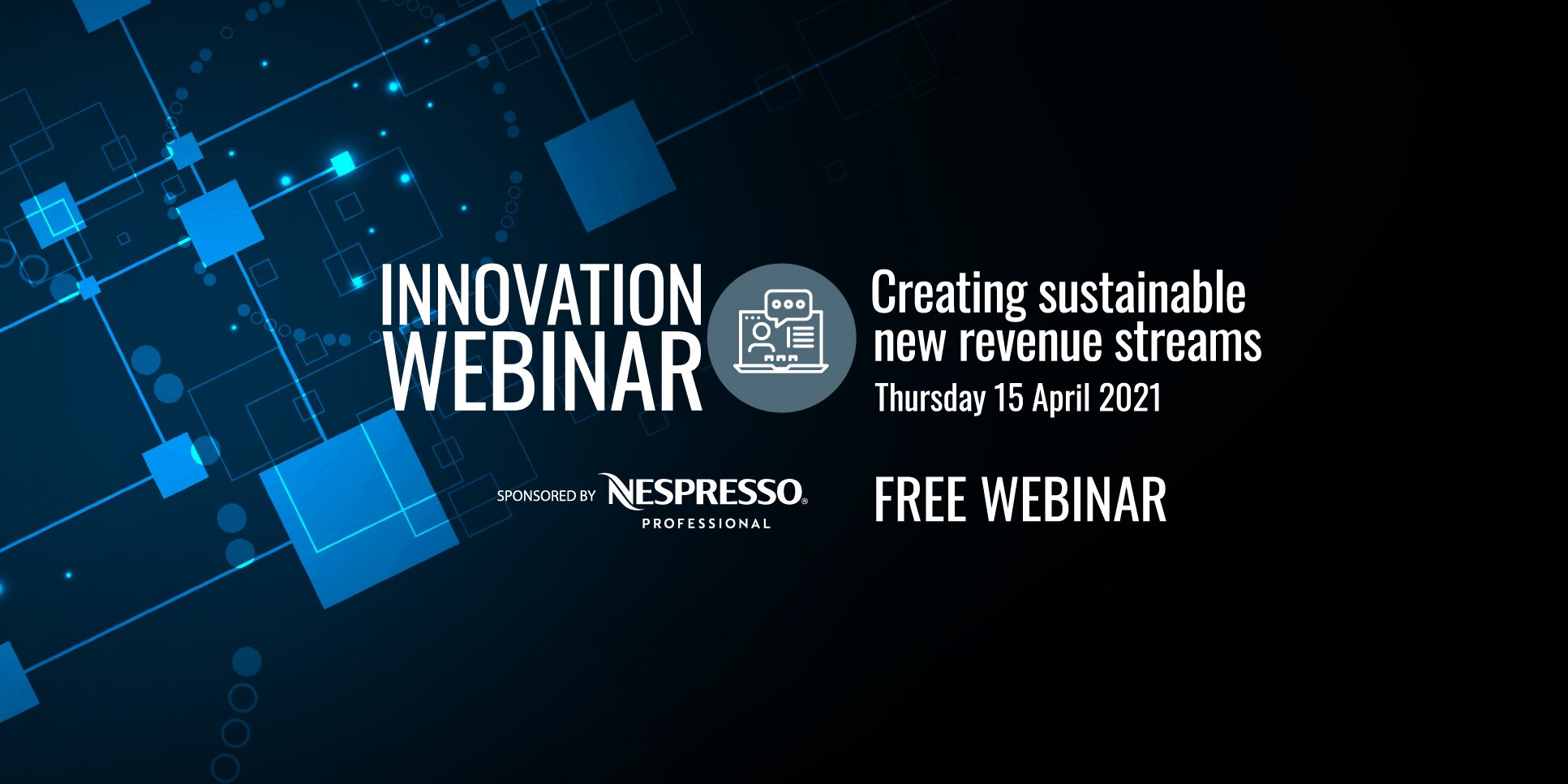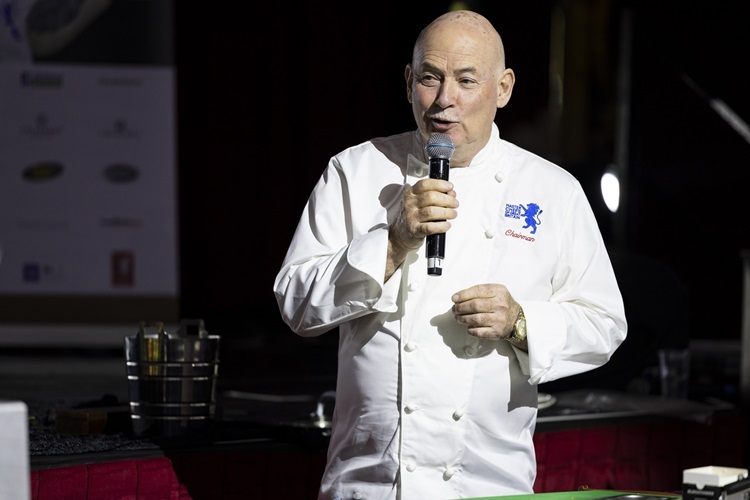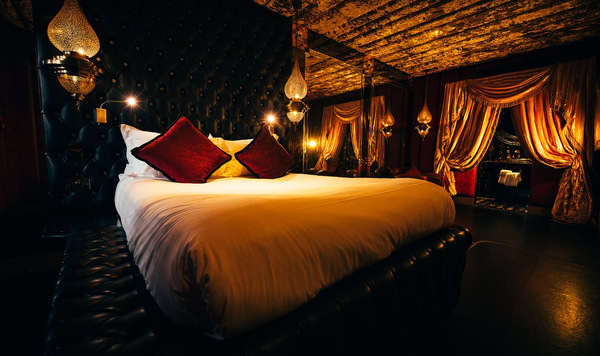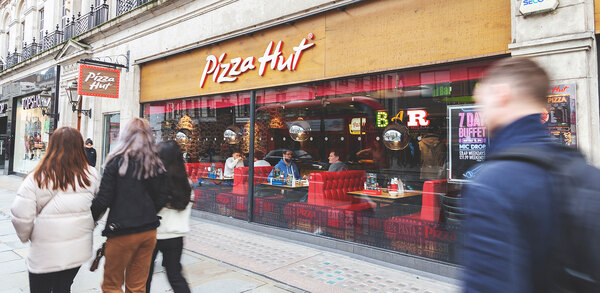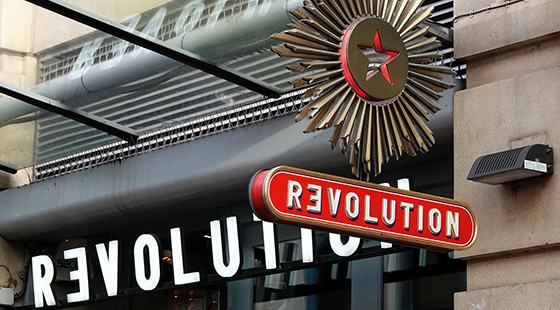Nathan Outlaw, Sue Williams, Yummy Pub Co and more identify sustainable new revenue streams
From cocktails by post to going back to school to retrain, The Caterer’s Innovation Webinar found those who discovered business opportunities during the pandemic and asked them to share what worked – and what didn’t. Kathleen Hall reports.
You can watch the full webinar here.

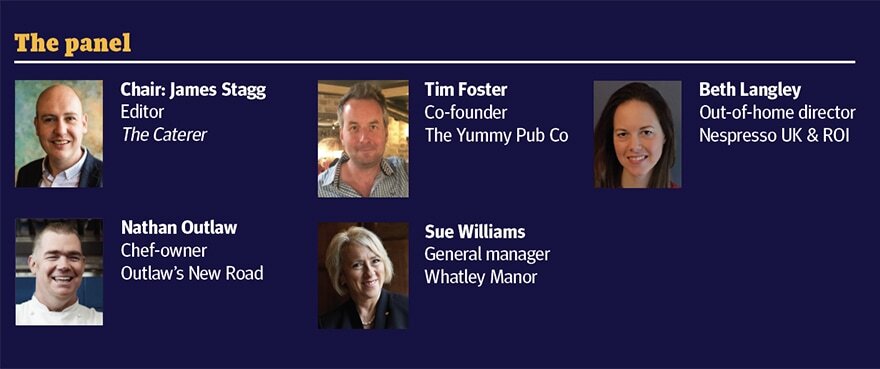
A phrase that has never been truer for hospitality over the past 12 months is “necessity is the mother of invention”. The various lockdowns saw operators find many innovative ways to create revenue streams and reach new markets in the face of unprecedented challenges.
The crisis has also been an opportunity for some to take stock and refocus, themes that were examined at The Caterer’s Innovation Webinar, sponsored by Nespresso.
Panellist and chef-owner Nathan Outlaw decided to relaunch his eponymous two-Michelin-starred restaurant in Port Isaac, Cornwall, last year as the more informal Outlaw’s New Road.
“A lot of people said I was crazy, because we were number one in The Good Food Guide,” he said. “Opening a more ethical, sustainable restaurant was something I’d had in the back of my mind for probably the last three or four years. I’d never 100% felt comfortable with the high ticket price, the high expectation and basically the very niche market that we attract,” he said.
Opening a more ethical, sustainable restaurant was something I’d had in the back of my mind for probably the last three or four years
While still a fan of the fine dining world, Outlaw said that, “it can bring an almost paint-by-numbers approach to the whole kitchen and the way everything works.”
His two restaurants – the second Outlaw’s Fish Kitchen, also in Port Isaac – will reopen in May when indoor dining is allowed. The standard of cooking and ingredients at Outlaw’s New Road remain the same, but at half the price it was.
“This new approach has given us the ability to use exactly what is the best that day and to use everything up – we have no wastage,” he said. To make the costs work, the restaurant turns the tables, with two-hour slots, and offers set menus to minimise food waste.
Since changing direction, the whole team is much happier, he said. “It was like a big sigh of relief in the group [when I first announced it]. I didn’t realise how much pressure a restaurant like that puts on you.”
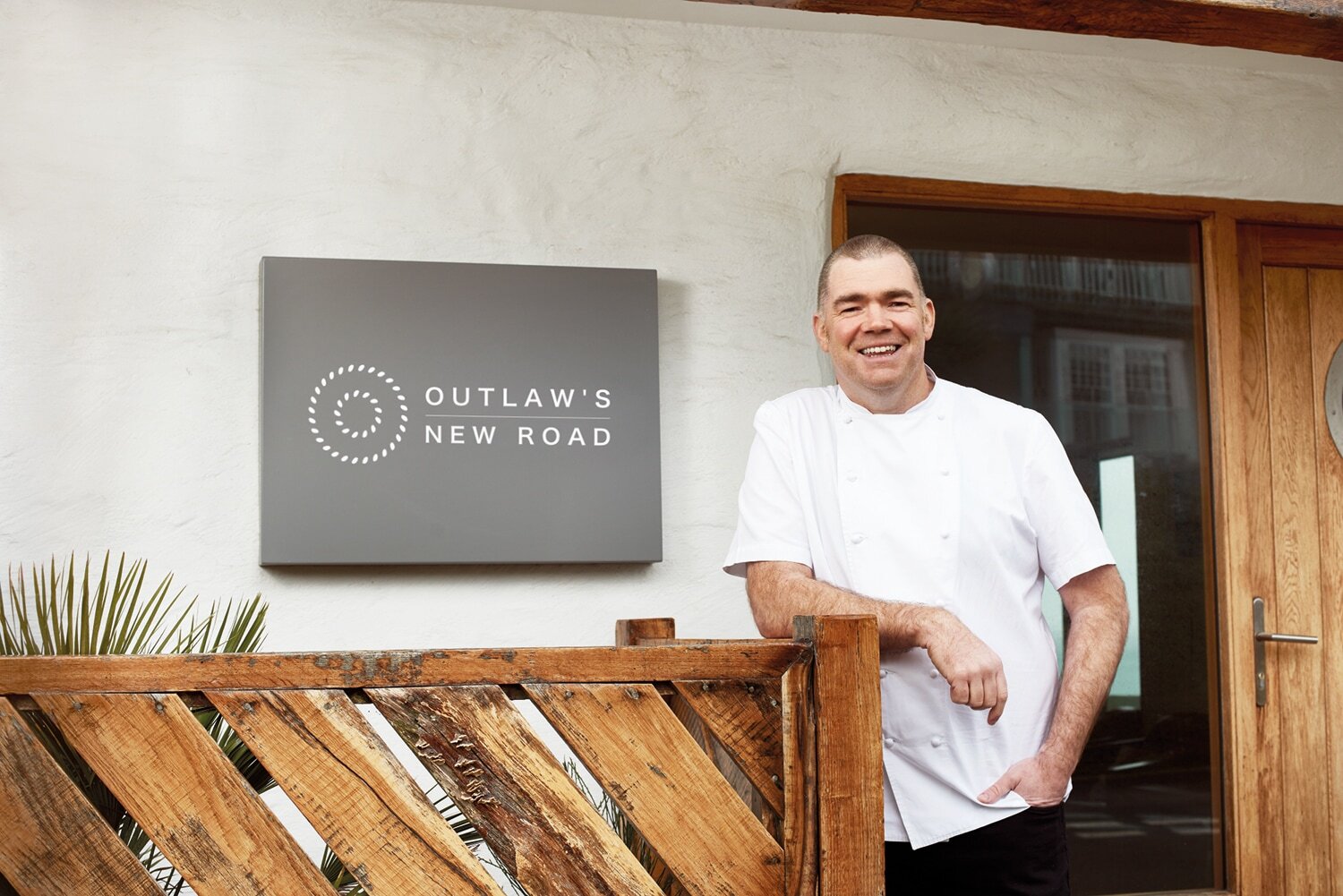
Covid gave him “time to reflect,” he said. “Before the lockdown I was running around going to London, Dubai, [going to] events and festivals. And what are you running around for? At the end of the day, if you haven’t got your health and you haven’t got your happiness, then what’s the point?”
Diverse offerings
Outlaw is not the only operator to have shifted his business model. Beth Langley, out-of-home director at Nespresso UK&ROI, said that was apparent from a survey it recently conducted of 1,000 operators. “It’s clear hospitality has had to move really quickly to set up takeaway and delivery and had to adapt operations to suit health and safety needs and social distancing,” she said.
For example, last summer, Niall Keating, executive chef of the two-Michelin-starred Whatley Manor, began serving affordable street food from his Paradise Carriage takeaway trailer in its car park while the venue was closed.
“It’s just been a fantastic way to connect with the locals as much as anything,” said Whatley’s general manager Sue Williams. “What we love about it is the juxtaposition. You’ve got the very elegant Cotswold honey-stone setting, and then you’ve got this graffitied, brightly coloured truck in the car park.” It’s acted as a visual reminder of the venue while it remained closed, “which is what you need to stay alive and stay in people’s minds”.
You need to stay alive and stay in people’s minds
Whatley’s main kitchen is now open and food is being served outside in the courtyard, but the carriage is still running on the weekends. In fact, Keating is doing a guest chef series event over the next month, featuring Paul Ainsworth, Brad Carter, Tom Sellers and Lisa Goodwin-Allen.
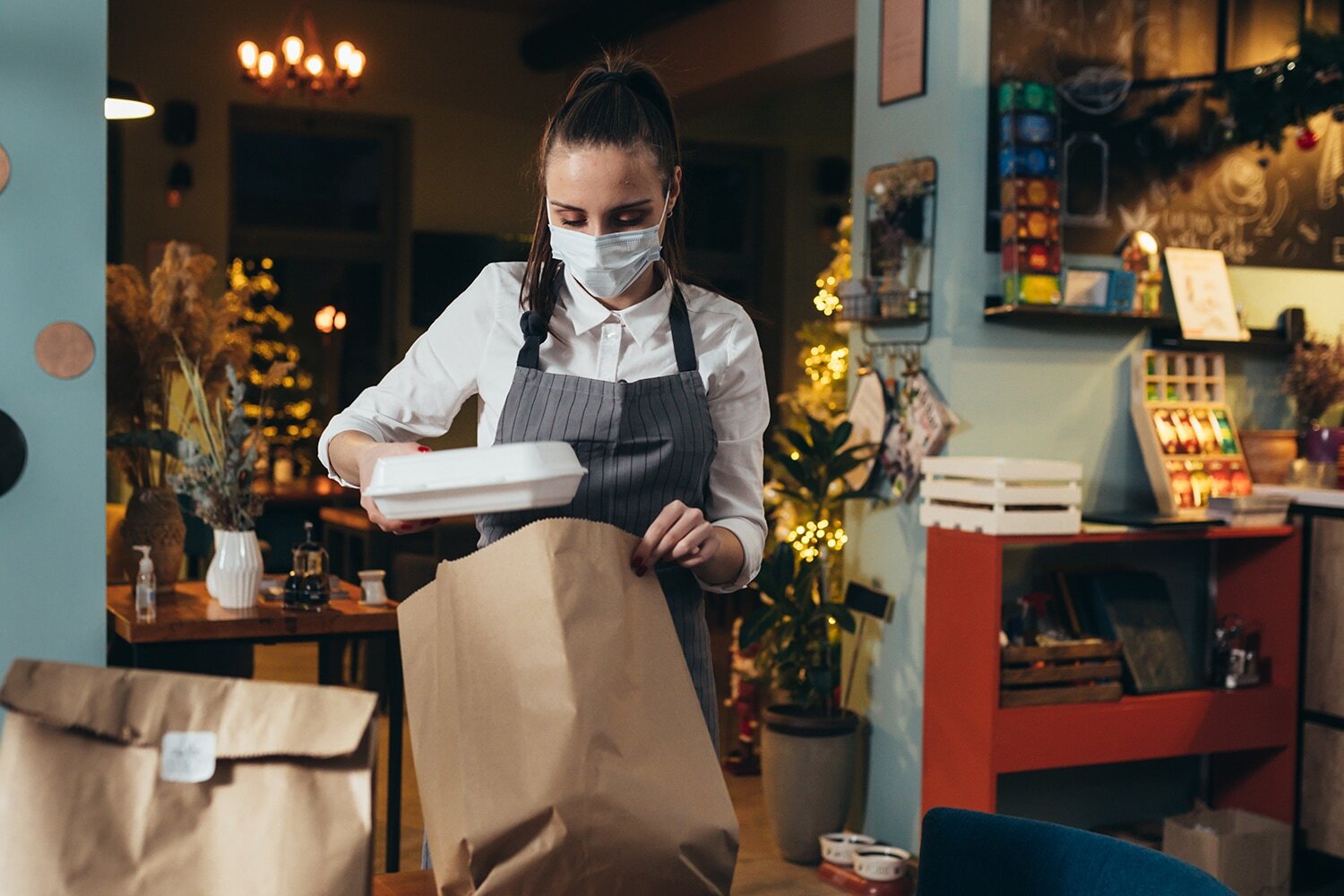
“We’re expecting that to be a full house and it should be a lot of fun and a good way to energise the team. It’s something exciting for them to get their teeth into,” she said. “We’d love to keep [the Carriage] going – we’re very fond of it and it’s a great addition to our brand.”
Tim Foster, co-founder of the Yummy Pub Co, has also been trying his hand at something completely new over the past year: his hugely popular Letterbox Cocktails business. The company has also ventured into food box deliveries, with its beef wellington a particular hit.
“It started in the madness of lockdown one and it was just designed to protect the business,” he said. “For about three weeks, we were chucking around ideas about what we should do and how we could get rid of the stock.”
The idea was on hold, as the business concentrated on cooking meals for the homeless.
“We then went into lockdown in November and we just said, ‘shall we have a go?’ We definitely destroyed some post bags after some of our bags exploded. The guys in the Croydon [Royal Mail] depot were trying to find out who these idiots were who were sending liquid in the post. They managed to track us down, so we got told off for that.”
Once they figured out the packaging, the cocktails soon took off. “We’re doing anything between 100-300 a day currently. So if you want to annualise the business from a profit and loss point of view, it’s a £1m company right now.”
As of 12 April, all of its four sites are open from breakfast through to the evening. “People are sitting outside in woolly hats and ski jackets – absolutely bonkers. It was a great start to the week,” he said.
But despite an extremely busy reopening, Foster said the cocktail and food box businesses are staying: “We are sustaining it now by getting up very early!”
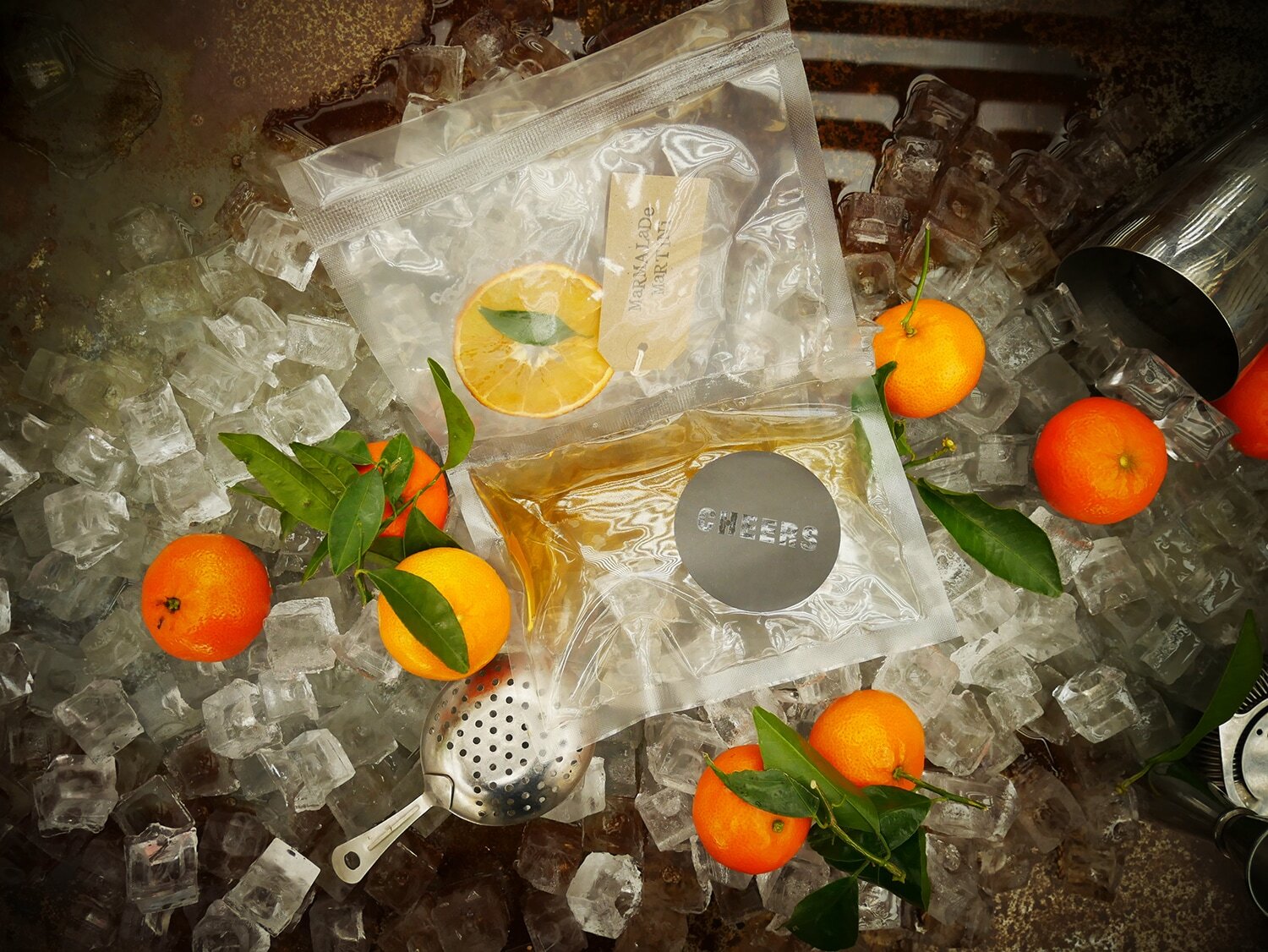
Part of the innovation process sometimes also involves trying things that don’t quite succeed and recognising what might work for one operator, isn’t necessarily for you. For Outlaw, it was food delivery boxes: “We looked into it and quite quickly looked the other way,” he said.
That was partly informed by his experience of trying takeaway during the first lockdown. “It went down really well, it was very busy. Because we’re a small business and such a small restaurant, logistically we just couldn’t deal with it.”
The business was overwhelmed by large orders and didn’t feel fully equipped with the preparing and packaging required, while the costs of providing larger and cheaper portion sizes for the takeaway market were also a challenge.
“If I were to do it again and do boxes, I would buy a new building and I would make it fully functional and invest in it, because I do think there is a future in it. But for us to do food boxes, logistically, being where we are in Cornwall and getting them to the four corners of the UK, would be very difficult.”
His focus is on reopening next month. “We’ve used the time to reflect and have been fortunate enough to get everybody on furlough and hopefully get everybody re-energised to reopen as a restaurant.”
Sustainable futures
Whatley’s Williams has also used the time to improve the business’s green credentials. She is completing a course at the University of Cambridge’s Institute of Sustainable Leadership on how to transition to net zero emissions.
The hotel has also committed to becoming certified by EarthCheck, a scientific benchmarking advisory group for travel and tourism. Ideally that will be before the UN Climate Change Conference in Glasgow this year. “Through lockdown… we felt we needed to put our money where our mouth is and really push on,” she said.
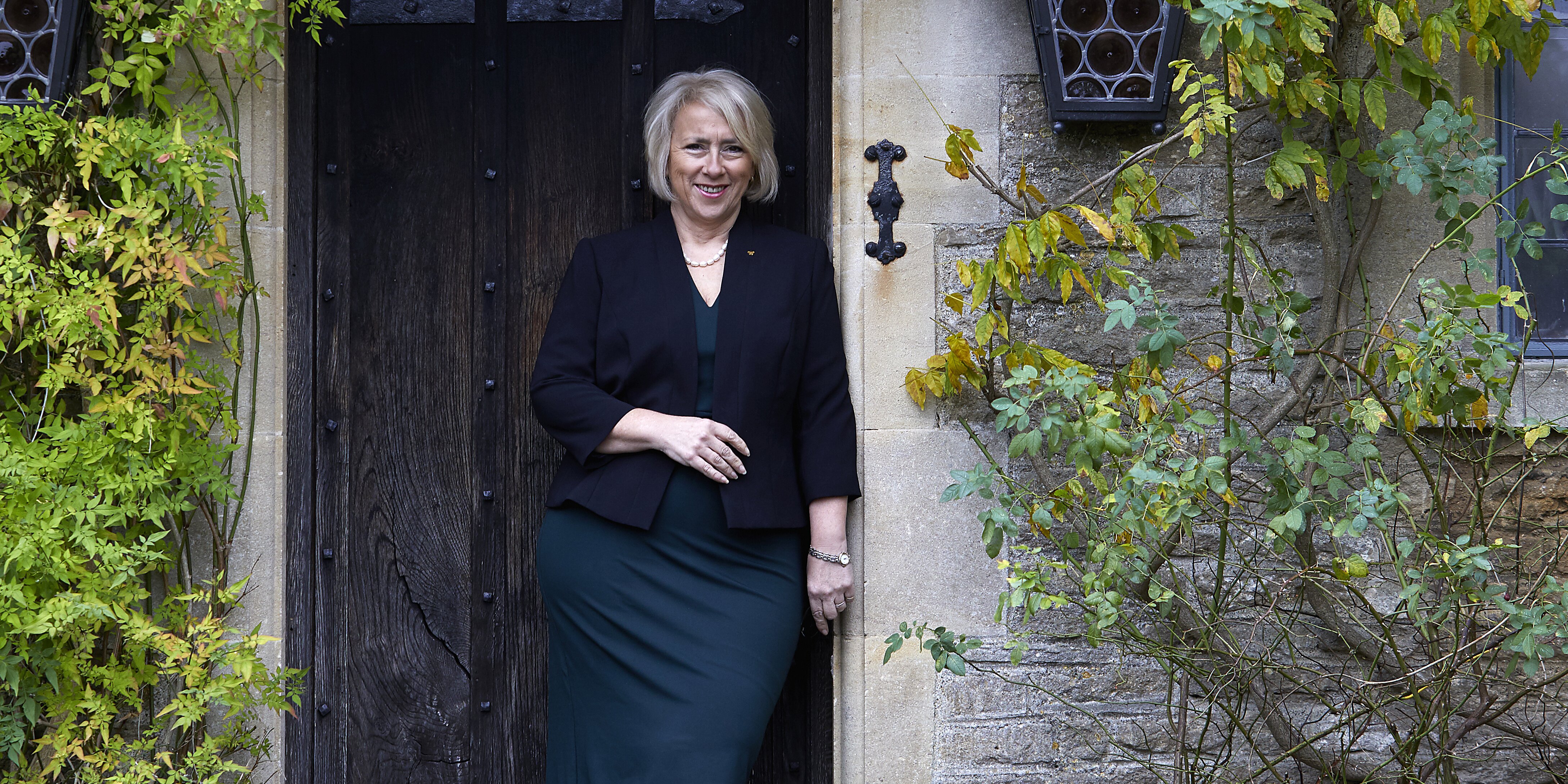
A recent survey of 1,000 hospitality operators by Nespresso found this is becoming increasingly important issue for consumers. Nespresso’s Langley said: “Sustainability has become more of a priority than ever before. And the people we surveyed believed that is here to stay.
Sustainability has become more of a priority than ever before. And the people we surveyed believed that is here to stay
“When people return to hospitality that is going to be a big topic. We take that really seriously and have done so for over 30 years, it’s part of our DNA. We supply businesses who have sustainability really high on their corporate agendas, and can reassure them that we are very much doing our bit. For Nespresso, that’s using sustainably sourced coffee, aluminium packaging, which is infinitely recyclable, and also through recycling – always improving our positive impact on the planet is all part of our pledge to become carbon neutral by 2022.”
Both Foster and Outlaw have also baked sustainability into their businesses, investing in green materials. The Yummy Pub Co’s terrace was built from recycled scaffolding poles, while its menus are printed with recycled ink. “It is really important to us and it was massively important when we were sourcing all the packaging for the cocktails,” Foster says.
For Outlaw, being a small business has also helped. “From our point of view, in terms of the restaurant, the seafood is easy to do, because I can see the fishermen and I know where it comes from.”
All kitchen materials are designed to minimise waste, while the furniture, energy, water and lighting have been sourced with sustainability in mind. Plans for a big refurbishment will be an opportunity to add further improvements.
However, all operators could soon face climate change levies and will need to actively demonstrate the ways they are measuring their carbon footprints, said Williams, meaning transparency and data – even for small businesses – is going to be a key requirement.
Making real change does involve investment, but it’s also an opportunity, she said. “We are always, as operators, looking at where the next customer is coming from. And it’s the ethical traveller and people who don’t want to add to their carbon footprint by going somewhere that is gratuitously wasteful,” she added.
An increasing number of consumers want to spend money with sustainable hospitality providers. “So do I want to capture a percentage of that business? Absolutely I do! I want to encourage people to our door, and if this is one of the tools, then fantastic.”
You can watch the full webinar here.
Finding the staff
As operators gear up for a very busy summer, some have voiced concerns about having enough staff to meet demand.
The Yummy Pub Co’s Tim Foster says the business is bringing all its UK staff back and has hired 22 new starters. But when the pandemic hit, it lost about 30 overseas staff. “We said if you don’t get out now, you’re going to be stuck and we don’t know how long you’re going to be stuck for. It was just a horrible thing to have to do, as they were an incredible talent and I loved having them in the business. But it was the right thing for them to go.”
However, he says the staggered reopening last summer has helped manage staffing. “With all the restrictions on us, we didn’t need the crew of that size then anyway. So we are proactively recruiting now.”
Whatley Manor’s Sue Williams says that operators should voice their concerns about recruitment. “I think the industry has lost a lot of people through the whole process of Covid. A lot have either chosen to return to their home countries or exited the industry.”
However, she also sees this as chance to make the industry more appealing. “I think it’s time to reverse and look within our own island and really encourage people. We’ve got to make this industry a career of choice and therefore we’ve got to reset it. We’ve got to make sure we pay living wages and train and develop people.”
We’ve got to make this industry a career of choice and therefore we’ve got to reset it
Looking after staff is the number-one priority as reopening continues. “We are being really kind of cautious in how we are bringing them back, [as] they haven’t been on their feet so [will need] the right breaks,” says Foster. “It’s all about looking after our people and then they will delight our customers.”
Nespresso’s Langley says that while many businesses are under pressure to return, it’s also important to keep some of the things from the last year too. “We’ve learned a lot about work-life balance over the last 12 months. And personally, I really want to take that forward, remember that and make sure we’re enjoying life and have a balanced approach.”
Teams are also feeling a degree of anxiety about “this huge wave of business that is coming at us” as operators gear up for a very busy period, adds Williams.
“It’s just being aware of that wellness piece: be kind, look after each other and really understand what a wonderful thing a beautiful team is… Embrace this next summer, because it’s going to be fantastic.”
You can watch the full webinar here.



